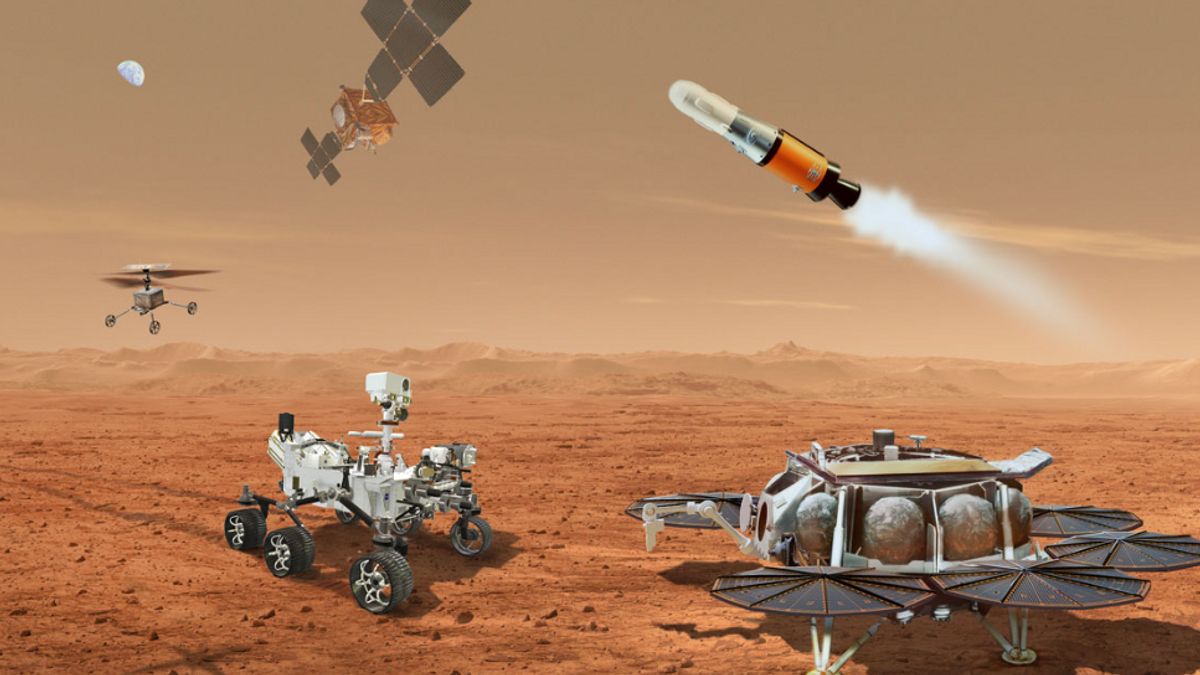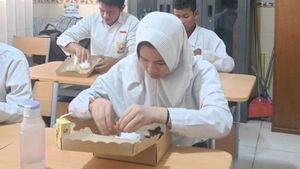JAKARTA - The application of Artificial Intelligence (AI) technology is considered useful in space exploration according to scientists, defeating the sensors that the spacecraft already has.
So far, the planes used to explore outer space can indeed detect molecules that indicate life. However, these molecules will be so degraded that they are difficult to recognize by technology.
Space notes that AI has different detectability. AI is able to detect subtle differences in the Moleculel pattern, even in samples aged hundreds of millions.
In the latest study, AI is recorded to have an accuracy of up to 90 percent. With this percentage, AI is expected to be embedded in space rover robot sensors, including rovers on the moon and Mars.
SEE ALSO:
The AI algorithm was first tested on machines with 134 samples consisting of 59 biotic samples and 75 abiotic samples. Furthermore, this data is divided randomly into training and testing sets.
From the data divided, the AI method is able to identify biotical samples ranging from shells to fossil fragments made of coal, oil, and fire.
Meanwhile, the abiotic samples that AI has succeeded in identifying are amino acids and carbon-filled meteorites. With this capability, AI may be able to study 3.5 billion-year-old rock in the Pilbara region, Australia.
The English, Chinese, Japanese, Arabic, and French versions are automatically generated by the AI. So there may still be inaccuracies in translating, please always see Indonesian as our main language. (system supported by DigitalSiber.id)














